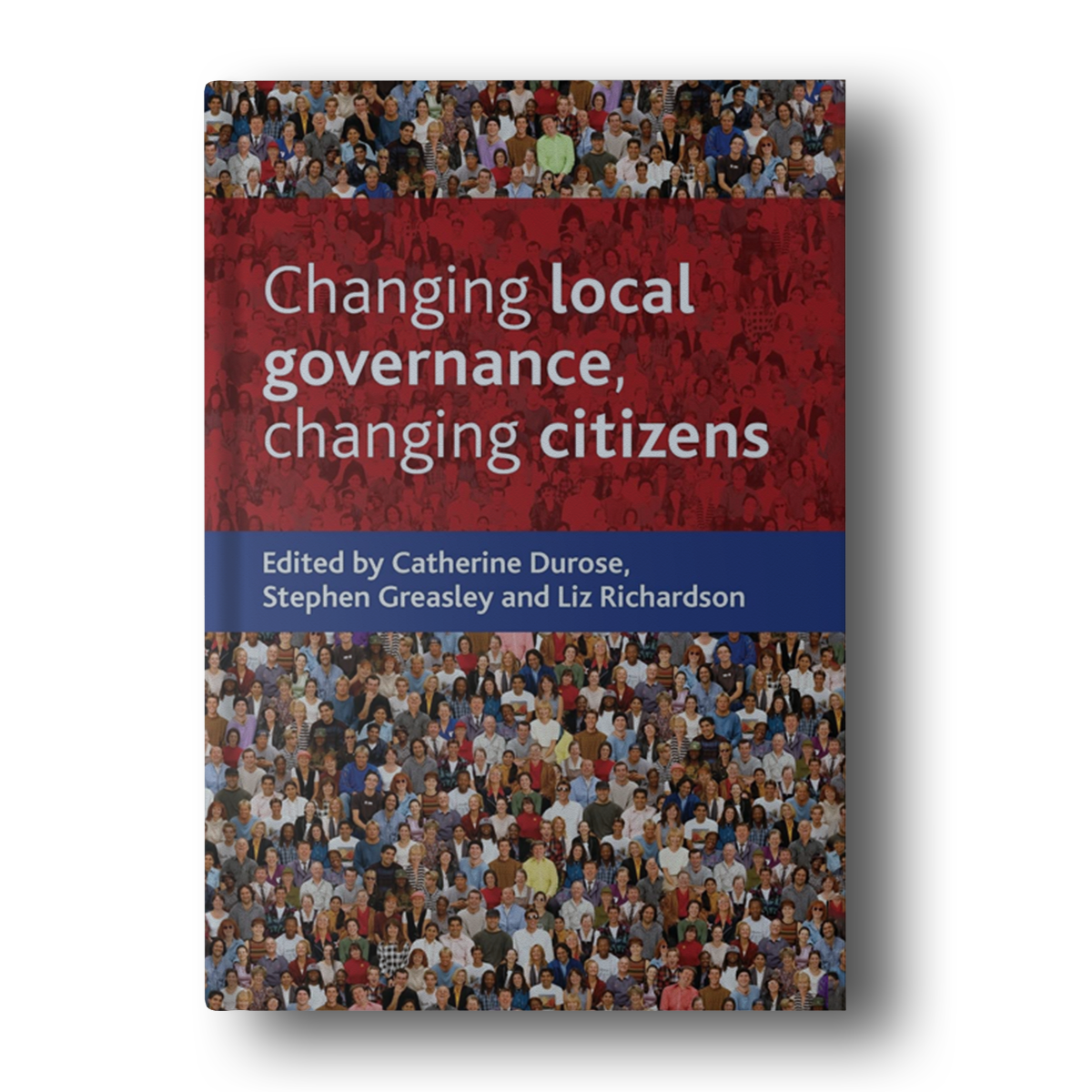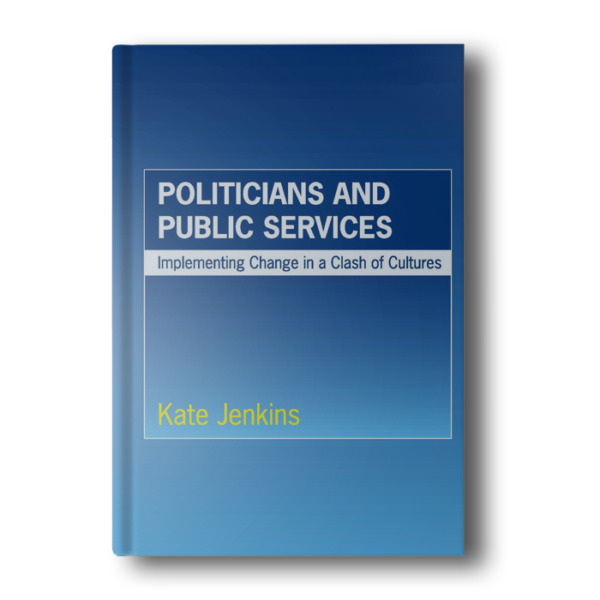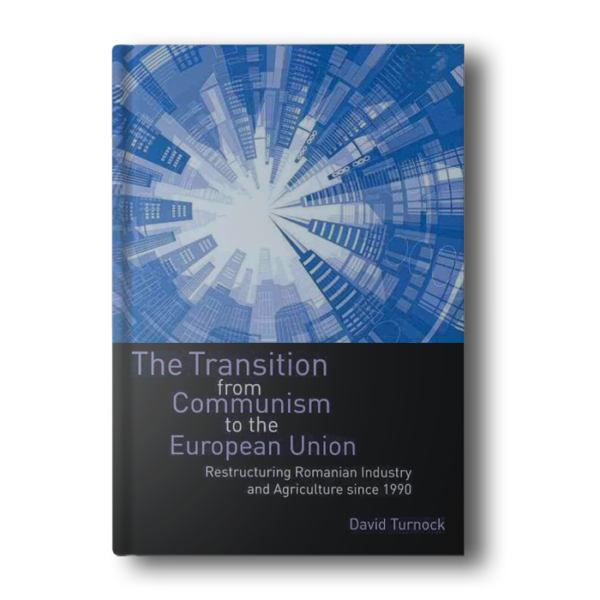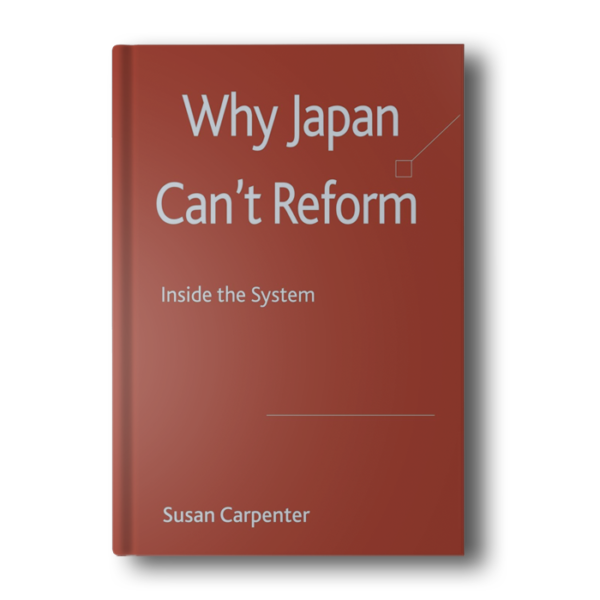The relationship between citizens and local decision makers is a long standing policy pre-occupation and has often been the subject of debate by politicians across parties. Recent governments have sought to empower, activate and give responsibility to some citizens, while other groups have been abandoned or ignored.
Drawing on extensive up-to-date empirical work by leading researchers in the field, Changing local governance, changing citizens aims to explain what debates about local governance mean for local people. Questions addressed include: what new demands are being made on citizens and why? Which citizens are affected and how have they responded? What difference do changing forms of local governance make to people’s lives?
The book explores governance and citizenship in relation to multiculturalism, economic migration, community cohesion, housing markets, neighbourhoods, faith organisations, behaviour change and e-democracy in order to establish a differentiated, contemporary view of the ways that citizens are constituted at the local level today.
Changing local governance, changing citizens provides a pertinent and robustly empirical contribution to current debates amongst policy makers, academics, practitioners and local communities about how to respond to this changing policy framework. It will be of interest to post-graduate students and academic researchers in politics, public and social policy, sociology, local government and urban studies, as well as policy makers and practitioners.


![Censors at Work: How States Shaped Literature - First Edition [Hardcover]](https://booksandbook.com/wp-content/uploads/2023/11/Censors-at-Work-How-States-Shaped-Literature-First-Edition-Hardcover-600x600.png)
![Children of Palestine: Experiencing Forced Migration in the Middle East [Paperback]](https://booksandbook.com/wp-content/uploads/2023/11/Children-of-Palestine-Experiencing-Forced-Migration-in-the-Middle-East-Paperback-600x600.png)











Reviews
There are no reviews yet.